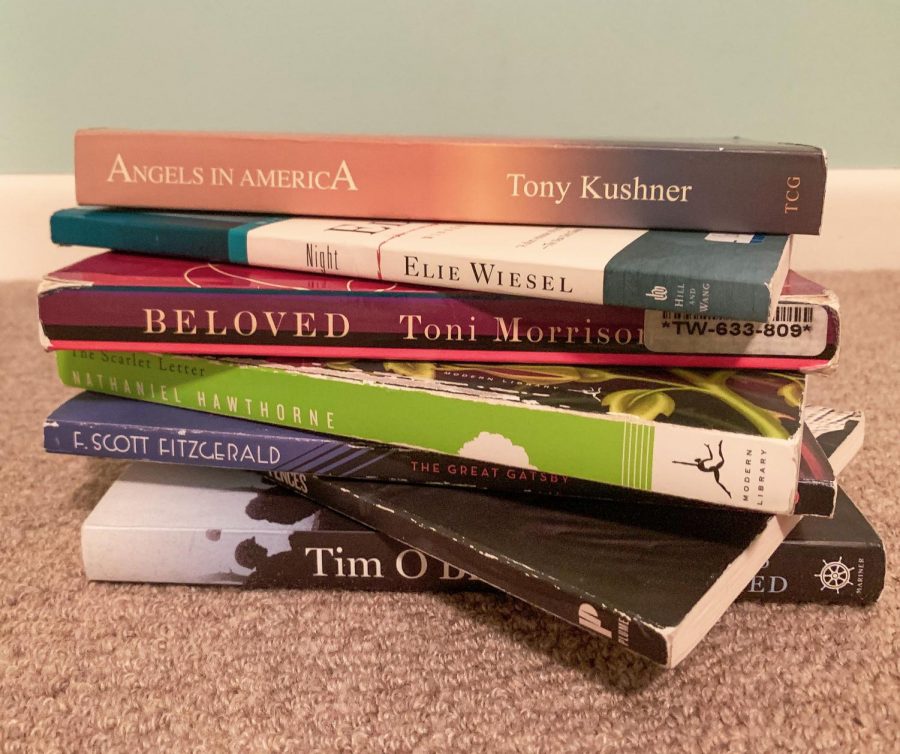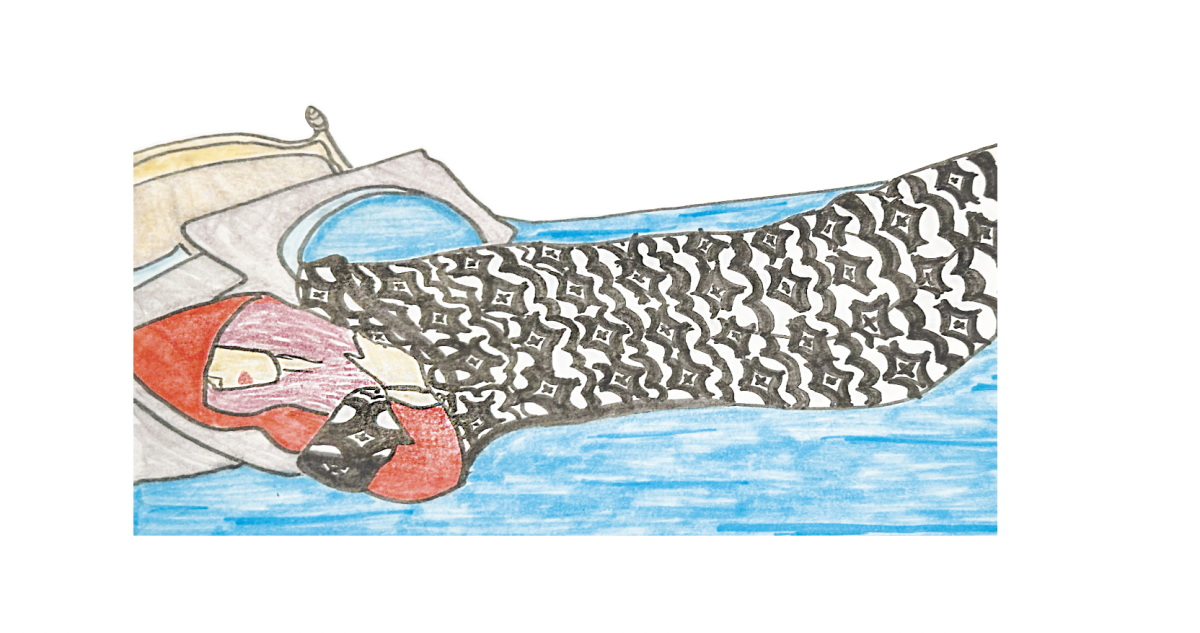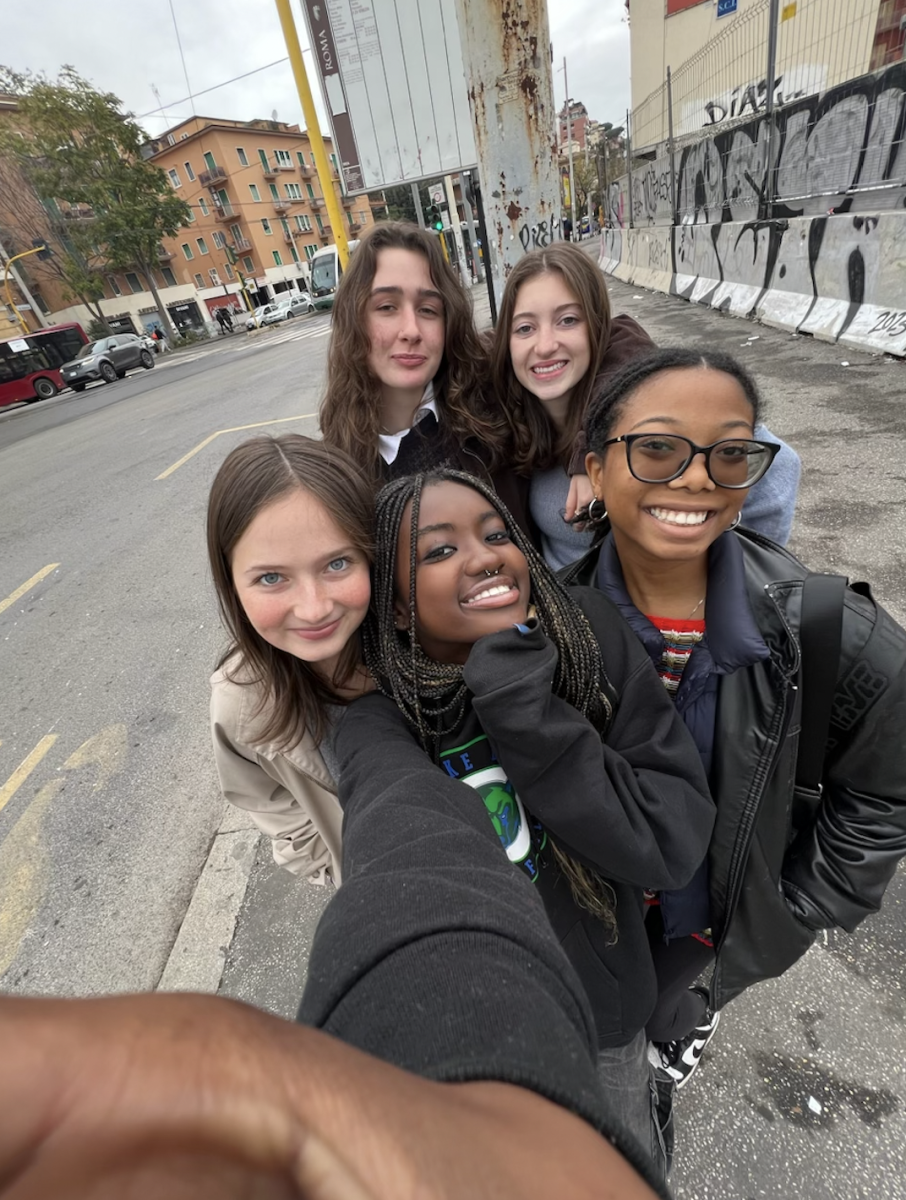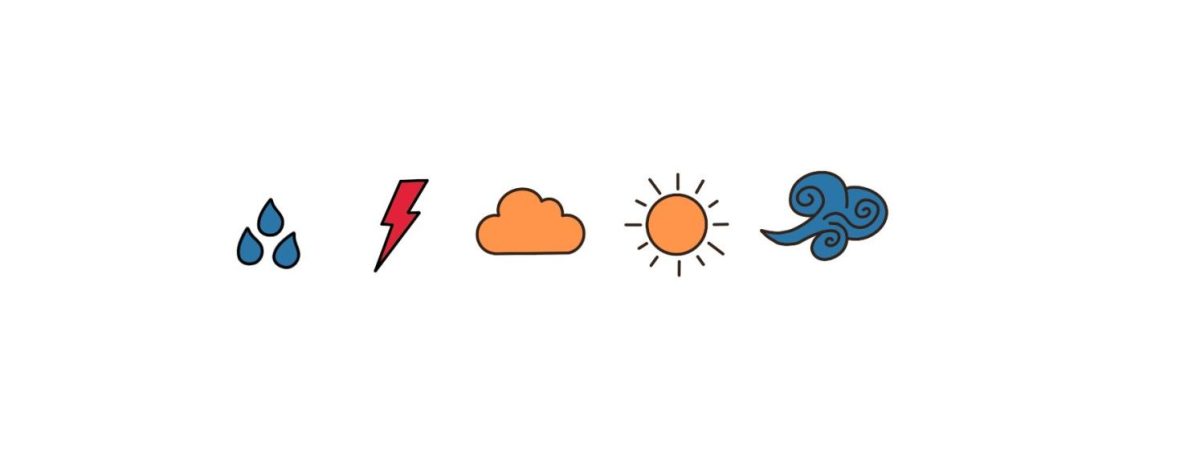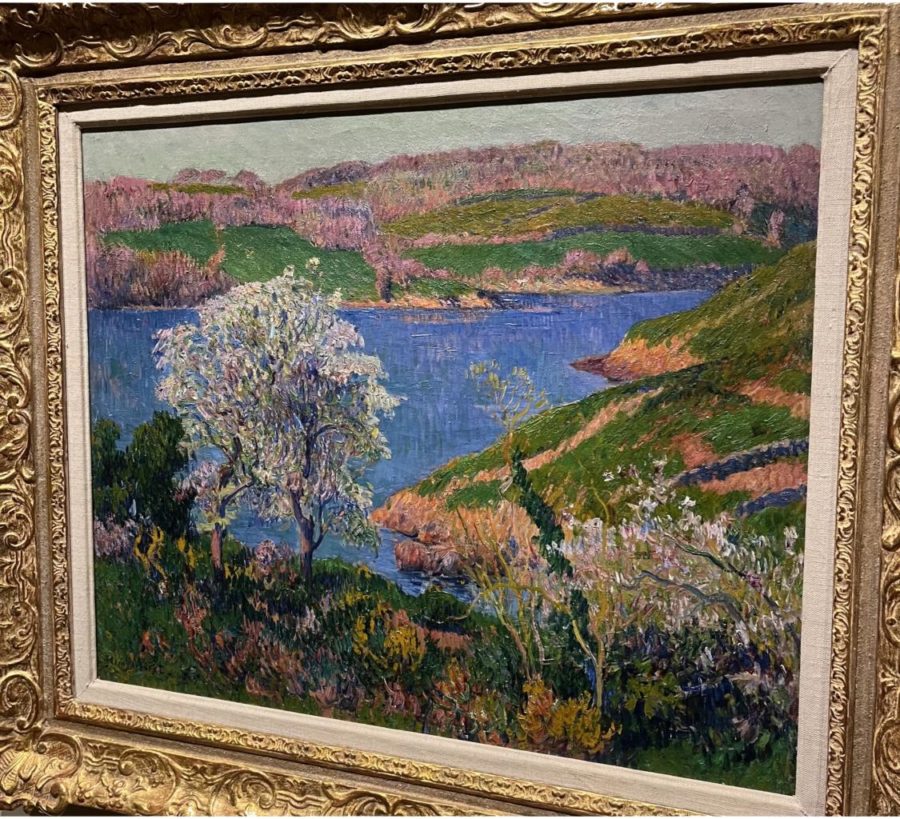Sophocles’ “Antigone”: “I have longer to please the dead than please the living here: in the kingdom down below I’ll lie forever.”
Elie Wiesel’s “Night”: “To no longer exist. To no longer feel the excruciating pain of my foot. To no longer feel anything, neither fatigue nor cold, nothing…deep inside, I knew that to sleep meant to die…the night was growing longer, never ending.”
John Donne’s “Holy Sonnets”: “One short sleep past, we wake eternally, / And death shall be no more; death, thou shalt die.”
Chinua Achebe’s “Things Fall Apart”: “The land of the living was not far removed from the domain of the ancestorsÖ when an old man died, because an old man was very close to the ancestors. A man’s life from birth to death was a series of transition rites which brought him nearer and nearer to his ancestors.”
Each of these four texts discuss death within different ethnic, religious, and cultural paradigms, teaching us how beliefs surrounding death are versatile. “Antigone” discusses the ancient Greek belief of the underworld, Donne’s “Holy Sonnets” unpack the dichotomy between heaven and hell. Wiesel explains how death, or eternal “night,” felt inevitable in Nazi concentration camps, while “Things Fall Apart” explains the belief that human life is a path that leads one closer to their ancestors. Blake’s literary texts allow us to embrace the discomfort of discussing death by displaying a diverse array of authors’ commentary surrounding death: we learn that death is a unique, personal experience of human reality, and it awaits individual opinions and analysis in order to elicit a deeper understanding.
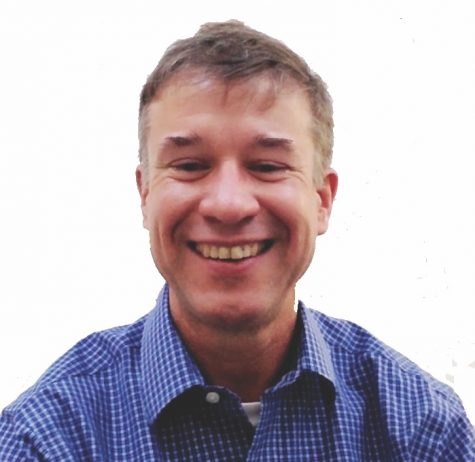
I and other English teachers try to bring an open mindedness to the words on the page and what they signify about the character’s consciousness… I think there’s a lot of openness about it, and I think that that’s one of the magical things about fiction and and about mythology is that we can read a sacred text and take it literally from the point of view of a believer, and we can read a religious text or a sacred text or a story and think critically about it– what are the realities or how does that impact the way that we think and behave and act in this world, when we have some sort of relationship, imagined or real, with what we want to call an afterlife or an underworld, or a heaven or a hell or just the presence of ancestors in our everyday world.
— Rick Cawood, English Department Chair


